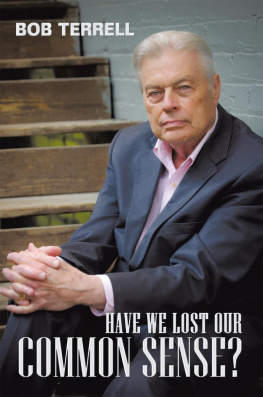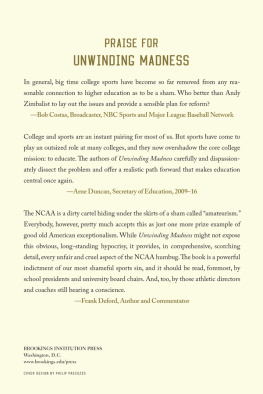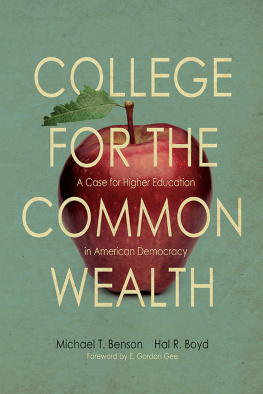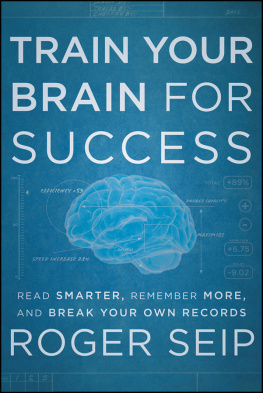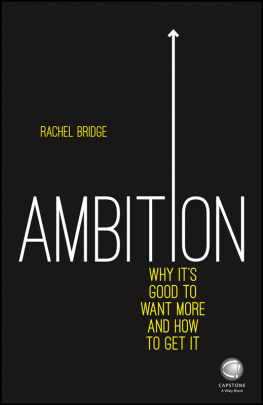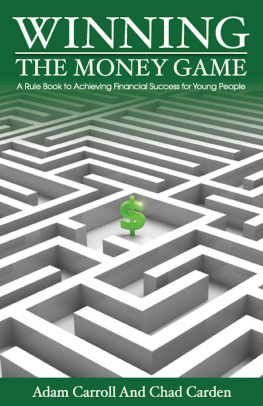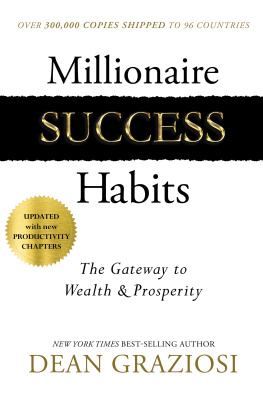Have We Lost Our Common Sense?
Bob Terrell

AuthorHouse
1663 Liberty Drive
Bloomington, IN 47403
www.authorhouse.com
Phone: 1-800-839-8640
2010 Bob Terrell. All rights reserved.
No part of this book may be reproduced, stored in a retrieval system, or transmitted by any means without the written permission of the author.
First published by AuthorHouse 9/28/2010
ISBN: 978-1-4520-2497-4 (e)
ISBN: 978-1-4520-2495-0 (sc)
ISBN: 978-1-4520-2496-7 (hc)
Library of Congress Control Number: 2010913407
Printed in the United States of America
This book is printed on acid-free paper.
Because of the dynamic nature of the Internet, any Web addresses or links contained in this book may have changed since publication and may no longer be valid. The views expressed in this work are solely those of the author and do not necessarily reflect the views of the publisher, and the publisher hereby disclaims any responsibility for them.
Contents
Introductory Comments
God Bless America, Land that I Love!
We Must Keep America Strong!
The Far Right and Far Left Hold Us Hostage
Bipartisan Teamwork Makes a Big Difference
When You Are On Top of the Mountain Dont Fall Off
Why Shouldnt Women Be Treated Equal with Men?
Why Cant We Be Civil About Abortion?
Does Jesus Love All the Children of the World?
Martin Luther King, Jr. Had a Dream
How Did the Red States Get Red?
Do Gays Have the Right to Pursue Happiness in America?
Are Religious Zealots the Cause of our Hate?
Eat the Big Elephant One Bite at a Time
Should We Never Be Controversial?
Common Sense Memories of My Hometown
Should We Have Bailed Out the Auto Industry?
Use Common Sense to meet our Commitments!
The Bear and the Kidd of Common Sense, Football and Life
Roberto Clemente of the Pittsburgh Pirates
The Dream of an Unclouded Day
AMERICA, HAVE WE LOST OUR COMMON SENSE?
INTRODUCTORY COMMENTS
The world has changed very much since my birth in Corbin, Kentucky June 10, 1933 amidst the great depression. I was born in the same bed in the same room in which my mother had been born nineteen years earlier in the home of her parents.
My mother, Ethel Ramsey, attended Eastern Kentucky University and she and my dad, Steely Terrell, married in 1931. She was a beautiful and wonderful mother.
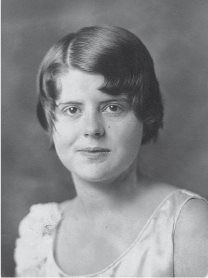
Steely Terrell, my dad, was a teacher in Corbins South Ward School and later at the high school. He had played baseball and football for Corbin High School. He boxed a handful of professional fights in Cincinnati and Knoxville to pay his college expenses. He taught me the love of fishing, sports, and helped me grow up to be a man.
He had a great sense of humor and many good friends. Mom and dad loved to dance the Charleston and other dances, and often had friends over to play cards, sing, and dance. They were Baptists, and had to be careful not to be seen dancing around our community. Mom played the piano and we often gathered around to sing as she played some popular or religious songs of that period. Dad had just a few rules, but I learned early I had better not break them.
We lived in an upstairs apartment a few blocks from the downtown area. When I was six years old we moved into a small two bedroom, one bathroom frame house next door to my grandparents. The photo on the cover of this book was taken at the stairway leading up to the apartment in which I lived my first six years.
I have seen the good, the bad, and the ugly times of life. I grew up with a value system that respected integrity, loyalty, and reaching out a helping hand to others. In recent years I have seen the things I grew up trusting gradually being swallowed up by the big jaws of self serving, power hungry people.
Some of the questions that need to be addressed by all of us are, How can each of us hold precious and cherish our individual beliefs without demonizing and trampling on the rights and freedom of others who may not fully agree with us? How can we accept that we have the right to have our own individual beliefs in our God, but if others disagree in someway with us, how can we still be tolerant of each other as long as our life, liberty, and property are not threatened? How can we put greed and envy aside, and work together to make life better for all of Gods children?
We all go through some adversity in our lives. I learned about the anxious times of life, like many others, at an early age.
December 7, 1941 changed life for most Americans with surprise and in fear. Dads, brothers, uncles, cousins, and even many teenagers were leaving us to fight in a war. The boys I had watched play on the high school teams in Corbin during my first eight years of life would quickly grow into men at war. They didnt want this to happen. They didnt want to have to leave home and loved ones for to face the threat of death and harm. However, they did leave home and families to defend our country because it was necessary for the protection and common good of our people. We told them goodbye with sadness in our hearts and with great reluctance, but we understood there was no other choice.
During the early part of the war, victory was not assured and the war news was mostly bad. Our family gathered around my grandmothers radio to hear President Roosevelts Fireside Chats, and his words did not over promise and raise our hopes too high, but he lifted our spirits because we could tell his voice was filled with determination as he affirmed his convictions we would prevail. As the reports of casualties began coming in and the Western Union telegrams of bad news were delivered to families in our small town, the war turned into grim reality. There are 42 names on the World War II Memorial on the lawn in front of our former high school. Those were the young men we saw come home in flag draped coffins. Many of us still stop as we pass the memorial to once again read their names and remember their brave deeds. They were our boyhood heroes in life, and remain our communitys heroes in death. At the end of this book I list these names to recognize how they and many others in communities across our nation gave their lives for us. *Names of Corbins high school heroes lost in World War II are shown at the end of the book.
Our mothers and grandmothers canned food and knitted wool socks and sweaters for the troops. Our grandfathers and all the children collected scrap iron and metals to be turned in at collection points to be used for war materials. Everyone was under a rationing program that limited gasoline, meats, sugars, and other items needed in the war effort. We saved our coins to buy war stamps and bonds, and had many special prayer meetings at church to seek Gods help in gaining peace. In the evenings we gathered on porches to peel peaches, string beans, and prepare other fruits and vegetables to be canned to help us get through the winter. We all had gardens and raised a lot of our vegetables. It was one of those times in life when you are not sure you can get through it, but God gives you the strength to keep going on and on. The character of our people was strong. We stood together because we knew we might fall together. Many of the younger women went to the cities to work in the plants that made our war materials. Everybody seemed to have a part to play in this serious time in our lives.
The photo below shows dad, mom and me when he was home on leave from Naval Officers Training. We would soon be hugging him goodbye as he went off to war.
Next page
